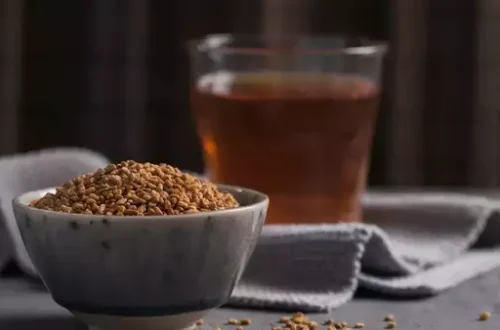Explore effective home remedies for gastric problems and learn how to tackle stomach gas with natural solutions. This comprehensive guide delves into the common causes of gas, Gastric discomfort due to gas formation is a common ailment affecting a vast majority of the population. The condition, while not usually indicative of a serious health problem, can cause considerable discomfort and embarrassment. This article aims to demystify the reasons behind gas formation and offers practical home remedies for managing and preventing it. Explore the causes of stomach gas and discover effective home remedies and preventive measures. Learn how to manage digestion-related discomfort with dietary tips, herbal teas, and lifestyle adjustments. Find relief and improve your digestive health today.
What Causes Gas in the Stomach?
Before delving into remedies, it is crucial to understand why gas forms in our digestive system. Primarily, gas is a byproduct of the digestive process. Here are some common causes:
1. What Causes Gas in the Stomach?
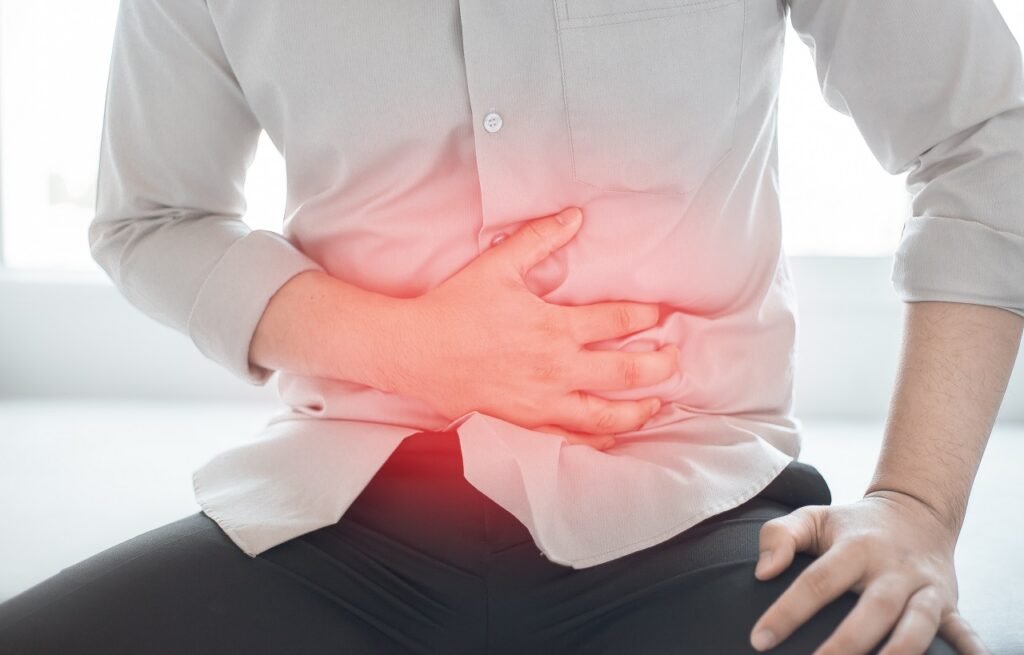
1. Swallowed Air:
This is a common issue where people ingest air through certain habits such as eating or drinking rapidly, consuming carbonated drinks, or chewing gum. This air can accumulate in the digestive system and manifest as bloating and belching. Taking time to eat slowly, avoiding carbonated beverages, and minimizing the use of straws can help reduce the amount of air swallowed.
2. Digestion:
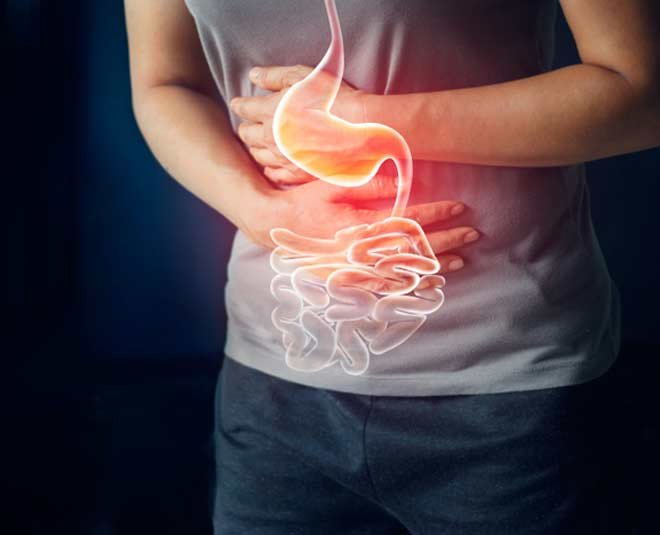
The process of digestion naturally produces gas, especially during the breakdown of food in the large intestine. High-fiber foods, while healthy, are notorious for causing more gas. This is because they are not fully broken down until they reach the colon, where bacteria ferment them, leading to gas production. Moderating intake of high-fiber foods and increasing them slowly can help your body adjust.
3. Food Intolerances:
For those with food intolerances, such as lactose intolerance, the digestive system may not break down certain components in food, leading to gas. Avoiding foods that one is sensitive to or taking enzyme supplements can be helpful in these cases.
4. Artificial Additives:
Foods containing certain artificial sweeteners and preservatives can contribute to gas production. These additives can be difficult for the body to digest, and when they reach the colon, they can ferment and produce gas. Reading labels and avoiding foods with artificial additives can mitigate this issue.
5. Imbalance of Gut Bacteria:
A balanced gut flora is essential for healthy digestion. When the bacteria in the gut are out of balance, it can lead to several digestive issues, including increased gas production. Eating a diet rich in probiotics or taking probiotic supplements can help restore balance to the gut microbiome.
2. Home Remedies for Gas Relief
1. Herbal Teas:
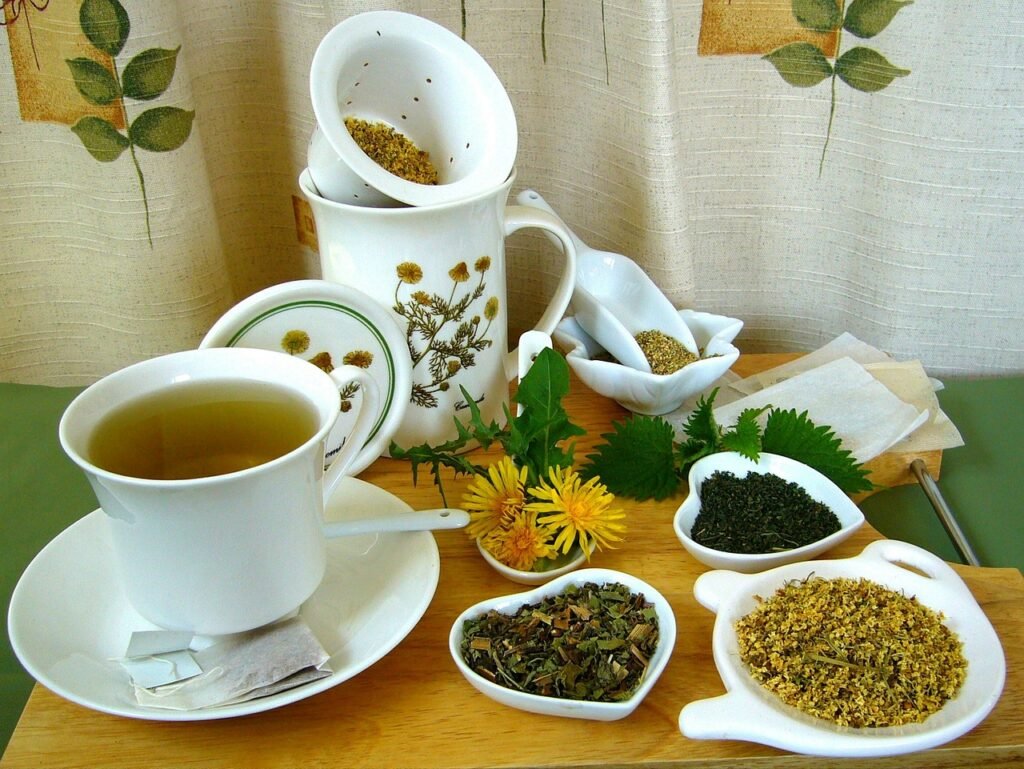
Herbal teas, such as peppermint, ginger, and chamomile, have natural soothing properties that can help alleviate the discomfort of gas. They work by relaxing the muscles of the digestive tract, which can help gas pass more easily.
2. Warm Water:

Regular consumption of warm water can have a gentle effect on the intestines, promoting the movement of gas and relieving bloating. It’s a simple yet effective method to enhance digestive function throughout the day.
3. Exercise:

Engaging in regular physical activity can increase the motility of the gastrointestinal system, helping to move gas through more efficiently. Even a brisk walk can make a significant difference in reducing gas and bloating.
4. Proper Eating Habits:

Developing good eating habits, such as eating slowly, chewing food well, and not talking while eating, can significantly reduce the amount of air swallowed. This can be a simple yet effective way to reduce gas production.
5. Dietary Adjustments:
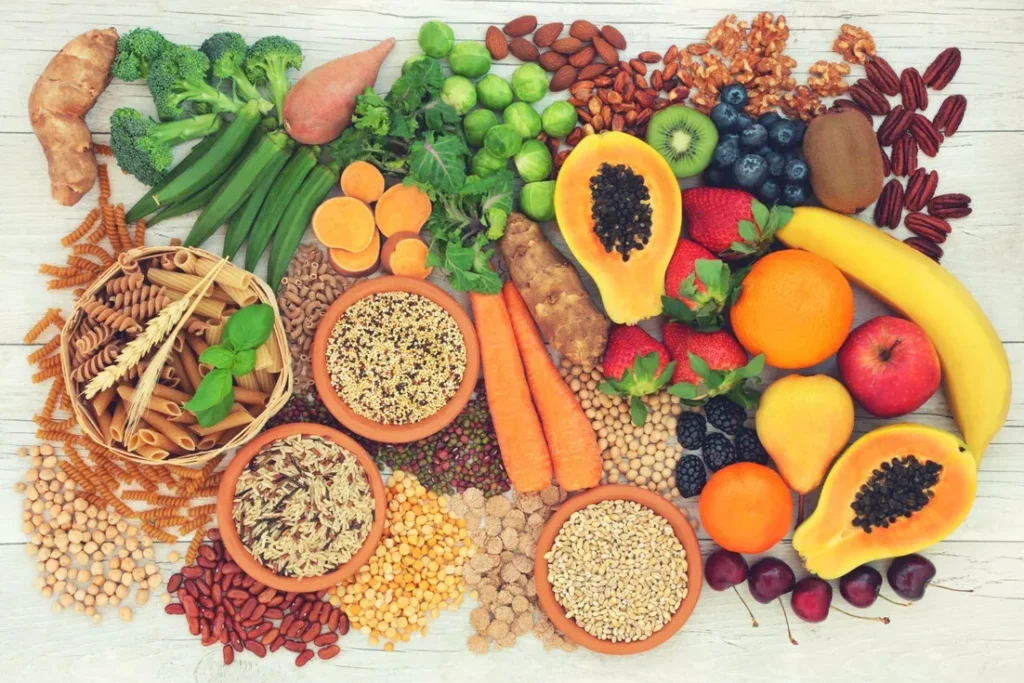
Being mindful of gas-producing foods and controlling their intake can prevent gas. Introducing high-fiber foods into the diet gradually can allow the digestive system to adapt without producing excess gas.
6. Activated Charcoal:
Taking activated charcoal supplements before and after meals is believed to help reduce gas for some people. The charcoal can absorb excess gas in the digestive system, though its effectiveness may vary from person to person.
3. Preventive Measures
- Probiotics: Including probiotics in the diet can help maintain a healthy balance of gut bacteria, which is crucial for proper digestion and can prevent excess gas.
- Avoid Carbonated Drinks: Choosing still water or herbal teas over carbonated beverages can significantly reduce the intake of swallowed air, thus decreasing the potential for gas.
- Eat Mindfully: Being aware of the body’s fullness signals and stopping before becoming overly full can prevent overeating, which is often a precursor to gas.
- Practice Relaxation Techniques: Since stress can negatively impact digestion, incorporating stress-relief practices like yoga or meditation can improve overall digestive health.
- Keep a Food Diary: Monitoring and recording food intake can help identify specific foods that cause gas, allowing for better dietary choices to minimize discomfort.


